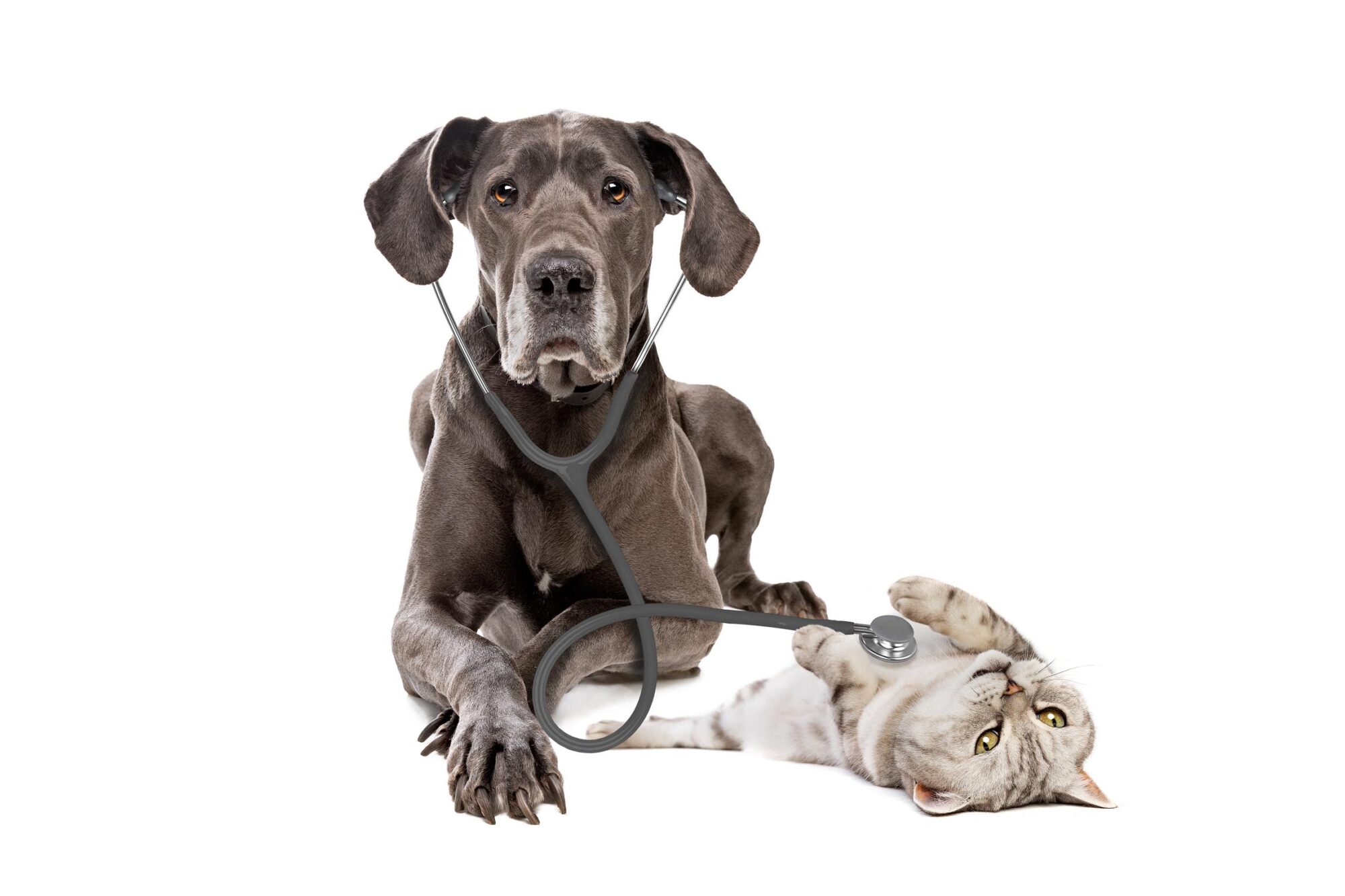Top 3 Signs Your Pet is Sick and What to Do

Dogs and cats don’t really complain like humans do. The result is that many times aches, pains, and illnesses go undiagnosed until things get pretty bad. Sunrise Boulevard Animal Hospital thinks that pet health awareness is an important topic, and want to share our top three signs that you may have a sick pet.
#1: Weight Changes
A dog or cat’s weight can fluctuate up or down within reason, but typically dramatic changes have an underlying cause.
Weight loss can indicate a variety of problems including intestinal parasites, endocrine diseases like hyperthyroidism or diabetes, or gastrointestinal issues.
Weight gain can happen due to endocrine issues such as hypothyroidism, fluid accumulation due to heart disease or other systemic problems, or even altered appetite or activity levels.
You can monitor for fluctuations at home using a weight scale and/or body condition scoring. Your pet’s routine wellness visits are also a great time to check in for more subtle changes.
#2: Bathroom Habit Alterations
How often you are scooping the litter box or taking your pet out to potty can tell you a lot about their overall health. Pay close attention to:
- When and how often your pet urinates
- How much urine is typically produced
- Any sign of straining while urinating
- Frequency of defecation
- Normal stool color and consistency
- Signs of blood in urine or stool
- Foreign material or parasites in the stools
Alterations from your pet’s normal voidings indicate a need for an examination. If possible, collecting a sample from your pet before heading in is often helpful.
#3: Changes in Personality
As previously stated, common pet health issues are not always immediately apparent. Signs of a sick dog or sick cat may be as subtle as a shift in personality, activity level, or appetite.
More understated cat and dog health warning signs can include things like:
- Hiding
- Decreased interaction with pets and people
- Increased aggressive tendencies
- Decrease in play activity
- Changes in facial expression
- Changed posture or gait
- Sleeping more
- Lapses in housetraining
- Increased vocalizations
- Restlessness/agitation
- Changes in grooming habits
- Obsessive licking or chewing certain areas
Many common dog health issues and cat issues alike can have very similar symptoms. It is up to you as their caretaker to notice a problem, no matter how subtle. After that, it is the job of our veterinary staff to hone in on the issue so that we can help your pet feel better soon.
No matter how big or how small, changes from your pet’s normals should be noted. If you feel something might be off, it is never wrong to make an appointment to bring your pet in for an evaluation.
